Dismissing Xiaomi as an 'Assembly Plant' is Ridiculous
![]() 05/21 2025
05/21 2025
![]() 754
754
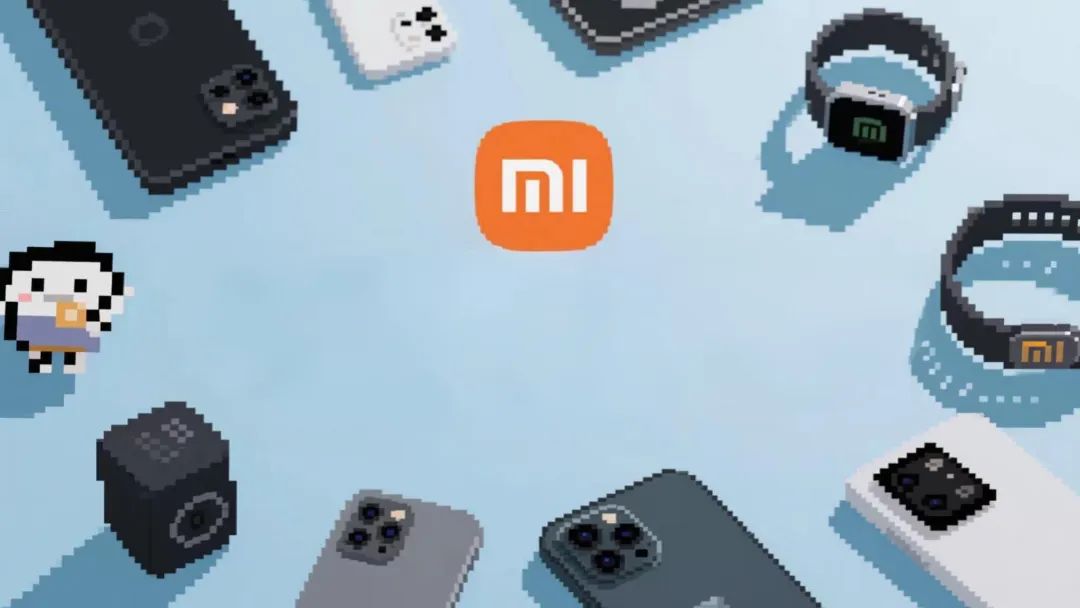
To dismiss Xiaomi as an 'assembly plant' is absurd—such labels fundamentally reflect economic populism.
Written by: She Zongming
Firstly, let me clarify: I'm neither a Xiaomi fan nor a hater. I have reservations about Xiaomi's handling of the SU7 Ultra carbon fiber front cover controversy and the OTA horsepower restriction incident, but I'm not fond of derogatory labels attached to Xiaomi on the internet. Among these, the label I find most objectionable is 'assembly plant' or 'OEM factory'.
Currently, the claim that 'Xiaomi is just an assembly plant (OEM factory)' is prevalent in many video comment sections and news follow-ups.
A few days ago, Xiaomi announced that 'self-developed 3nm process chips are coming'. This news deserved applause, but many argued that 'finding TSMC for OEM is just assembly'.
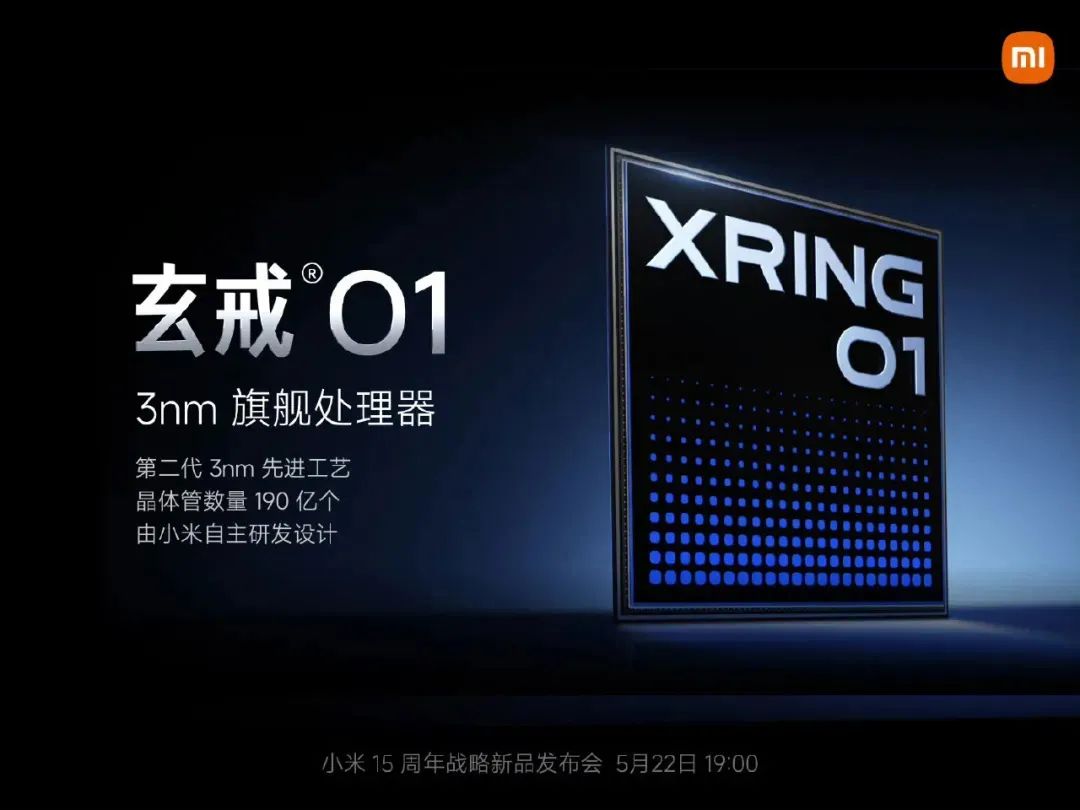
▲Xiaomi placed the Xuanjie O1 as the first item at its strategic new product launch event.
This is somewhat absurd: Xiaomi's self-developed 3nm process mobile phone processor chip inherently challenges the stereotype that 'Xiaomi is an assembly plant', but prejudice in many minds remains steadfast—like Everest, not a mountain Yu Gong could move.
I have no financial stake in Xiaomi and aim to express my views objectively and rationally, stepping outside the binary opposition of 'fan or hater'.
Even if Xiaomi hadn't developed a 3nm process chip, describing it as an 'assembly plant' would be biased.
To dismiss Xiaomi as an 'assembly plant' is absurd—such labels are a reflection of economic populism.
01
It's noteworthy that Lei Jun has repeatedly clarified the 'assembly plant' claim over the past two years.
In late November 2023, at the Wuhan University Alumni Luojia Forum, Lei Jun addressed the 'assembly plant' claim, stating that many misunderstand Xiaomi. 'We didn't even have a factory before, so when blackening us, please call us a 'shell company', not an 'assembly plant', because we didn't even have a factory!' He added, 'Actually, I think China needs both assembly and R&D. The most important thing is to honestly make products and sincerely provide services.'
In April 2024, at the plenary session of the Z-Park Forum Annual Meeting, Lei Jun said, 'In March of this year, our automobile factory with an investment of over 5 billion yuan was completed. This factory is different from traditional ones; it's more like an office building with few workers and can achieve efficient production. When the factory was completed, I was excited. In the past, some often slandered us as an assembly plant. I said don't slander us as an assembly plant because we didn't have a single factory. But today, I'm proud that we can finally be called Director Lei of the factory.'
In July 2024, during his annual speech, Lei Jun mentioned this again: 'OEM is a very advanced model, like Apple, which also uses the OEM model. Why is it that when Xiaomi uses OEM, it means no technology, just an assembly plant?' 'Do people really think that Xiaomi phones are simply assembled with ready-made parts and then released?'
In December 2024, Lei Jun responded to this topic again in a video, stating that 'Xiaomi's initial model was a combination of a light model and an OEM model, which led to misunderstandings about Xiaomi.' He revealed that Xiaomi's first large-scale factory was officially completed and put into production at the beginning of the year, and the second factory (Xiaomi's automobile factory) was completed in March. Xiaomi's major household appliance factory has also started construction.
Zhuangzi said, 'Well frogs cannot be told about the sea because they are confined to their wells; summer insects cannot be told about ice because they are confined to their season.' Yet Lei Jun has repeatedly 'spoken' to people, showing his frustration with the 'assembly plant' remark.
02
So, is it tenable to label Xiaomi as an 'assembly plant'?
Returning to the original meaning of assembly, it ignores the laws of manufacturing.
Take mobile phones as an example; digital columnist Wang Shitou once summarized that the birth of a mobile phone integrates multiple links such as design, research and development, production, and testing, and assembly is just one of them.
Whether it's Xiaomi, Huawei, or OV, making mobile phones is not easy and involves extensive work, such as understanding user demand and market trends, demonstrating technical feasibility, creating mobile phone 3D models, managing supply chains, precision production, and quality performance testing.
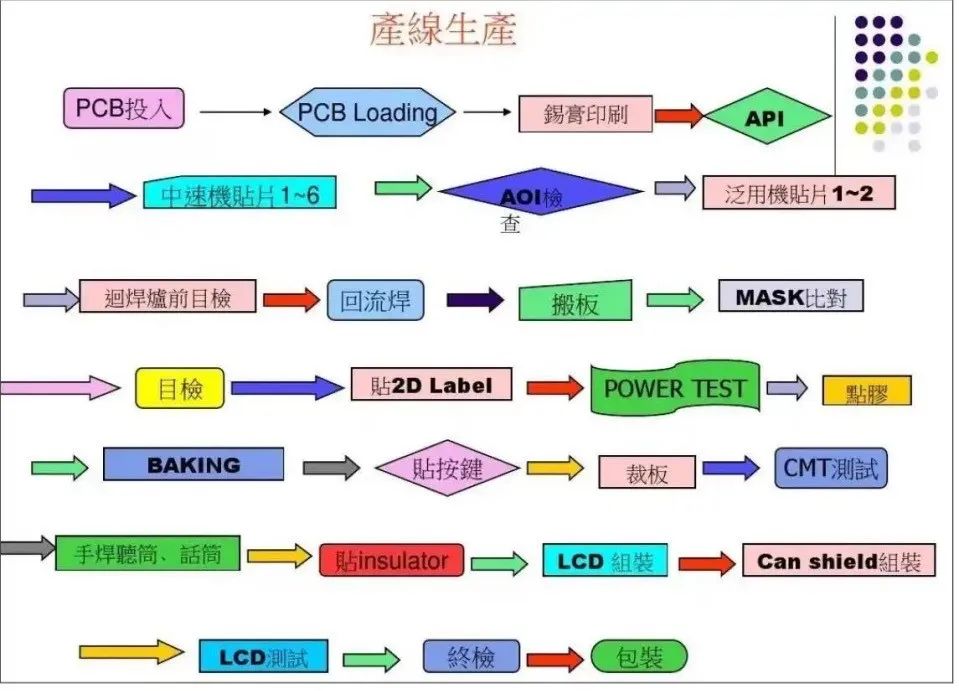
▲Too many people underestimate the difficulty of making a good mobile phone.
No leading mobile phone manufacturer truly relies solely on 'assembly' to establish itself.
Some may argue: OEM is not the same as OEM branding.
If that's the case, then Apple is probably the number one 'assembly plant': it doesn't produce even a single screw, relying entirely on Foxconn, Pegatron, and others for OEM. Yet it is precisely its vertical integration model that is highly regarded in the industry.
Xiaomi partially borrowed from Apple in mobile phone manufacturing: quickly launching cost-effective products through supply chain integration, leaving the production process to OEM factories, and focusing on product design, system optimization, and internet services. There's nothing wrong with this approach.
The absurdity of the 'assembly plant' argument lies in its binary opposition thinking, severing the value of industrial collaboration and ecosystem construction.
03
I understand that when many say 'Xiaomi is an assembly plant', they mean Xiaomi doesn't have core technology.
Here, 'assembly plant' becomes a synonym for lack of core technology.
Why is it that when Apple uses OEM, it is hailed, but when Xiaomi does, it is seen as an assembly plant by some? Someone gave an answer: The core technologies that define the iPhone are Apple's self-developed A-series chips, iOS system, camera algorithms, etc. What does Xiaomi have to define Xiaomi phones? Isn't it the 'supplier's full house'—Qualcomm chips, Samsung screens, Sony sensors?
A passage from Luo Yonghao's live stream on a certain platform during the Hammer Technology special seven years ago has been regarded by many as a substitute for their own words:
'Let me add something about so-called black technology. The GPU acceleration (TURBO technology) here is exclusive to Huawei, which has a solid technological foundation. As for other so-called black technologies, I'm not saying that any of them are bad, I'm saying that all of you, who are just suppliers, why are you pretending to be something you're not?'
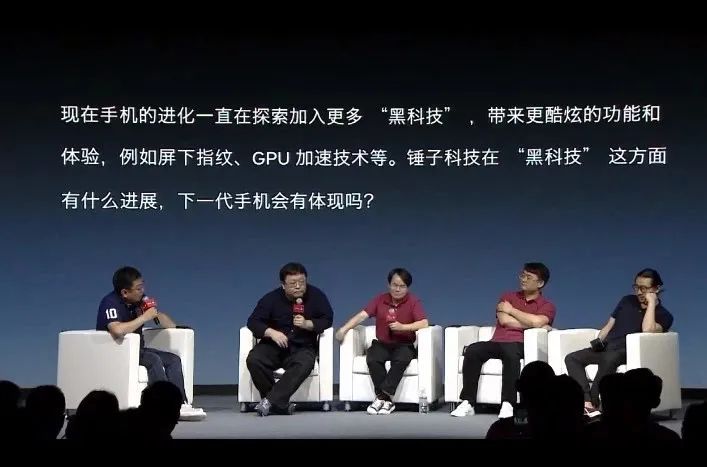
▲Luo Yonghao speaking live.
On this issue, my view is:
1. If we consider the OS (operating system) and chips as the core technologies of mobile phones, many mobile phone manufacturers indeed lack a disruptive technological symbol similar to Apple's iOS system or Huawei's Kirin chips. This is not necessarily a necessity but at least a plus. In the context of highlighting the importance of independent innovation, it may become a decisive factor in the future.
2. We should encourage enterprises to engage in bottom-up innovation but not coerce them into ignoring their actual operating conditions. Schumpeter said, 'The ability to solve problems is called innovation.'
vivo's micro gimbal stabilization technology, OPPO's MariSilicon image processing chip, and Xiaomi's Xiaomi Vela IoT operating system are all innovations. In his speech at Wuhan University in November 2023, Lei Jun cited Xiaomi's entry into the top ten global 5G standard patents to illustrate that Xiaomi's investment and strength in research and development are quite strong. You can encourage innovators to keep going and aim higher but not deny their value just because their innovation is not 'revolutionary'.
3. In the early stages of enterprise development, the strategy of quickly entering the market through supply chain integration should not be harshly criticized. The primary mission of an enterprise is to survive. Choosing a light model can reduce risks in the initial stage and also provide room for maneuver in technological innovation after completing initial accumulation. There is nothing to criticize about any mobile phone manufacturer initially using Android for its operating system and Qualcomm for its chips. If they are therefore classified as 'assembly plants', it is essentially anti-innovation—innovation is cumulative, and denying many innovations, including supply chain integration models and product services, inhibits greater innovation.
04
This is not to say that enterprises should not tackle bottleneck areas after growing and expanding. On the contrary, if enterprises want to continue evolving after reaching a certain stage of development, they must strive for further competitiveness in technological breakthroughs. However, this should rely more on positive encouragement rather than moral coercion.
In fact, Lei Jun has realized that after Xiaomi grows into a trillion-level technology company, it must inevitably bear heavier expectations. Therefore, he also intends to anchor Xiaomi's image towards 'hard technology'.
In recent years, Lei Jun's statements about Xiaomi's large-scale investment in underlying core technologies have significantly increased.
In his annual speech last July, he said that through continuous investment in underlying technologies and forward-looking layout, Xiaomi has established systematic capabilities.
In March of this year, Lei Jun revealed to the media that 'Xiaomi will strive to become a global leader in new-generation hard-core technology.'
In the same month, Lu Weibing, President of Xiaomi Group, said at the 2024 performance meeting that in the long run, AI, OS, and chips are listed as Xiaomi's core technologies.
Xiaomi's 'Huaweification', focusing on self-developed operating systems and chips, is an inevitable trend.
For Xiaomi, self-developed operating systems and SoC chips are not necessarily intended to refute the popular fallacy that 'Xiaomi is an assembly plant' but rather an inevitable measure to enhance competitiveness in the next era through innovation level upgrades—using self-developed chips to enhance hardware performance, optimizing system experience with MIUI/Xiaomi Vela, and building an ecological closed loop with the AIoT platform, with promising chemical reactions to be expected. But objectively speaking, this is indeed a powerful way to refute the 'assembly plant theory'.
05
So, has Xiaomi now successfully trampled on the 'assembly plant theory'?
The answer seems to be gradually clear.
On May 20, Lei Jun tweeted that Xiaomi's self-developed and designed 3nm process mobile phone processor chip, Xuanjie O1, has begun mass production.
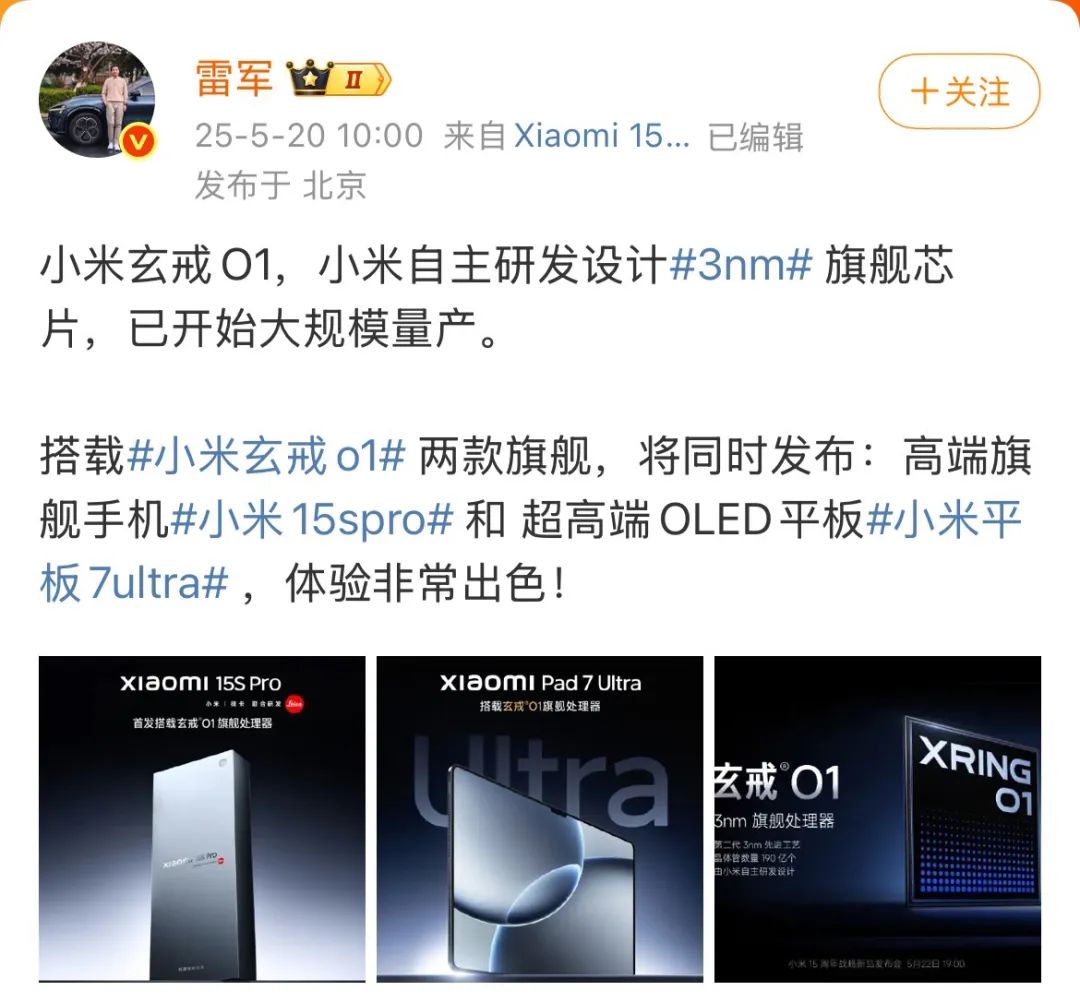
▲Lei Jun tweeted that Xuanjie O1 has entered mass production.
Self-developed, 3nm, mass production... These combined are by no means simple.
It's noteworthy that among Chinese mobile phone manufacturers, only Huawei had self-developed SoC chips before; globally, only Apple, Qualcomm, and MediaTek have the ability to independently develop 3nm mobile SoC.
Although there are still key links such as system tuning, ecological coordination, power consumption control, and thermal design between paper parameters and terminal experience, the successful tape-out of the 3nm chip is already a milestone event in China's chip design field.
LeTech wrote that compared with the two latest flagship chips in the Android camp, the Snapdragon 8 Elite and the Dimensity 9400, Xuanjie O1 has the potential to 'give them a run for their money'—
In terms of process technology, Xuanjie O1 adopts the same TSMC second-generation 3nm (N3E) process as the Dimensity 9400. Although it does not use the TSMC third-generation 3nm (N3P) process as the Snapdragon 8 Elite and Apple A18 Pro do, it meets flagship standards.
Xuanjie O1 is claimed to integrate approximately 19 billion transistors, which is basically the same as Apple's A17 Pro and is already quite remarkable. However, on the Android side, there is still a certain gap compared to the 22.7 billion transistors of the previous-generation Dimensity 9300.
Judging from the current benchmark scores and rumors, it can be basically confirmed that Xuanjie O1 adopts a '2+2+4+2' four-cluster architecture in terms of CPU, allowing it to directly compete with the latest flagship chips from Qualcomm and MediaTek in Geekbench 6 benchmark scores.
If what is stated is accurate, then Lei Jun's claim of 'the latest process technology, flagship-level transistor scale, first-tier performance, and energy efficiency' is not exaggerated.
Intriguingly, when Lei Jun was about to say 'who hasn't looked over yet', many netizens habitually threw out the 'assembly plant' argument again, with two frequently mentioned points: 1. If it's true, why hasn't it been sanctioned by the US? 2. This is a grand chess game behind the scenes where Wall Street is 'supporting one to compete against another'.
First, let's delve into the initial assertion. It is accurate that "chips with a process of 14nm or finer require US BIS permission for TSMC to manufacture them on an OEM basis." However, it's crucial to note that the transistor count in Xuanjie O1 (19 billion) falls below the 30 billion threshold stipulated in the BIS's new regulations, which will come into effect in January 2025. Furthermore, the BIS restrictions specifically target chips with a process of '16/14nm or finer used in AI or supercomputing,' rather than those destined for 'consumer electronics.'
Turning to the second point, is this a product of overindulgence in conspiracy theories, or a lapse in critical thinking?
06
No leading mobile phone manufacturer, including Xiaomi, can be dismissed as a mere "assembly plant." This is a fundamental understanding that should be widely acknowledged.
To dismiss mobile phone manufacturers as "assembly plants" perpetuates a mindset that prioritizes "hard technology" over "soft power." This mindset confines innovation to the realm of "overcoming technological bottlenecks," and the value orientation shifts from "encouraging the overcoming of technological bottlenecks" to "criticizing the failure to do so." This shift is detrimental, at least to fostering an environment conducive to innovation.
My comments are not intended to defend Xiaomi or any other company; my stance is to "criticize where criticism is due and affirm where affirmation is merited." Rather, I wish to emphasize the importance of guarding against the subtle influence of economic populism.







